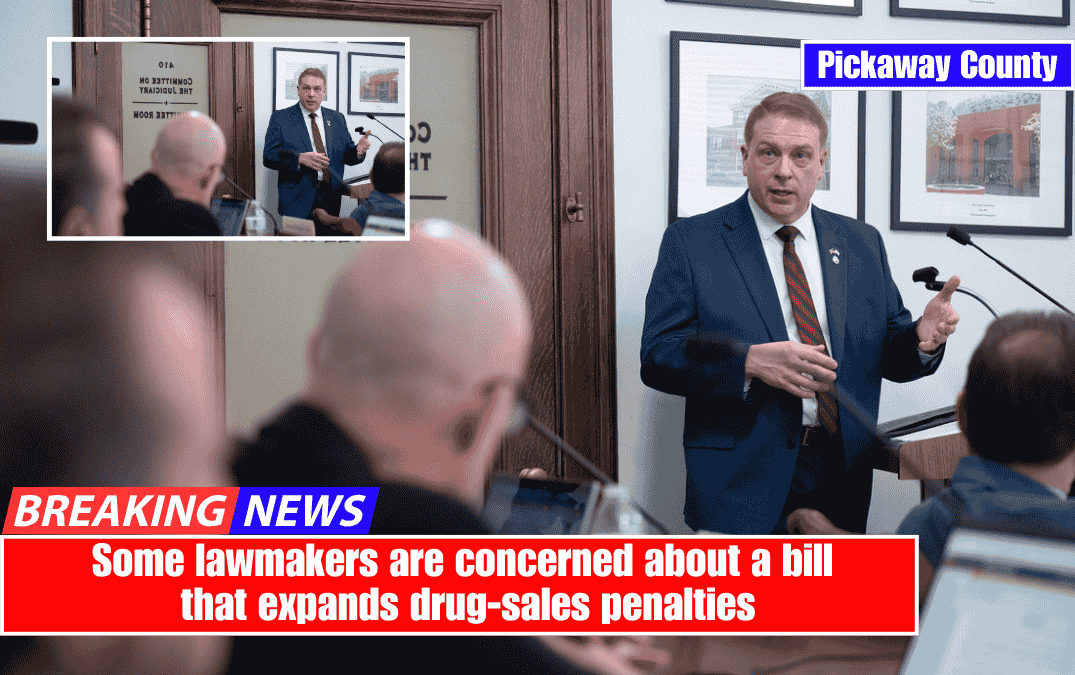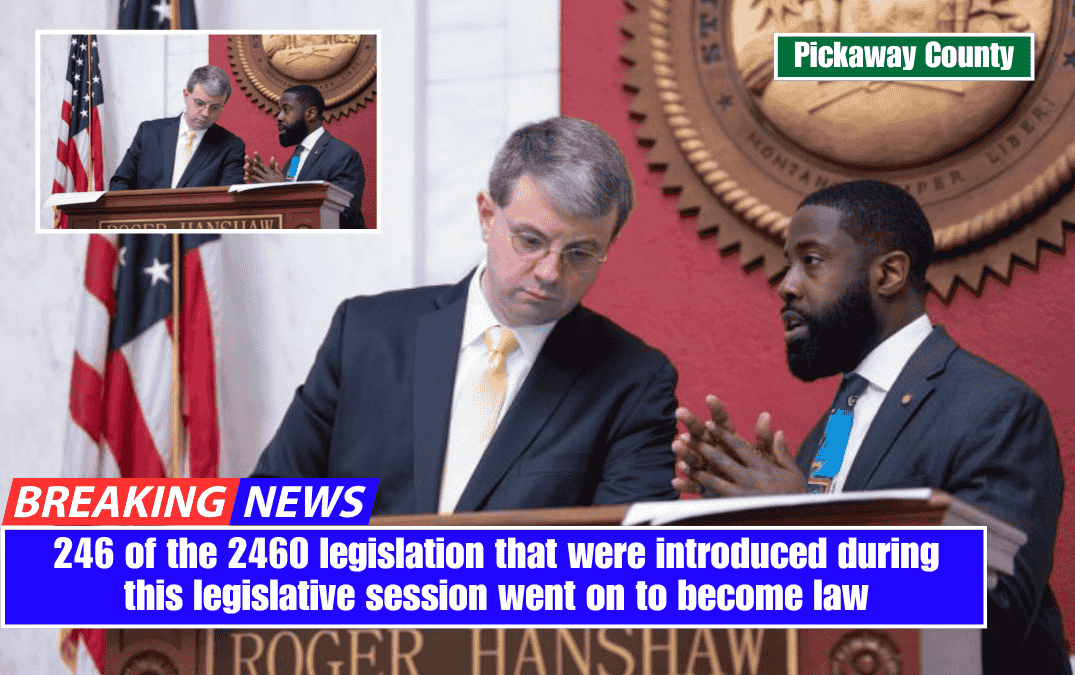West Virginians convicted of selling illegal drugs may soon face harsher criminal penalties. However, some lawmakers and residents are concerned that harsher sentences will not effectively deter drug use and may have intended consequences.
Senate Bill 196 is called “Lauren’s Law.” It is named after Lauren Cole, a Morgantown resident who died at the age of 26 from fentanyl-laced drugs. The bill would increase prison sentences for the manufacture, delivery, or possession with intent to deliver certain addictive substances, including fentanyl, methamphetamine, PCP, LSD, cocaine, and heroin.
Members of the House Judiciary Committee agreed Monday that more should be done to prevent drug overdoses. However, their ideas for potential solutions differed.
Proponents of the bill argue that it provides much-needed intervention into the state’s addiction crisis. Opponents are concerned that it will limit judicial discretion and have far-reaching consequences than intended.
Sen. Vince Deeds, R-Greenbrier, the bill’s lead sponsor, testified before the House committee on Monday. He argued that the proposed criminal penalties were comparable to those in neighboring states, and that addressing addiction required targeting those who facilitate access to illicit substances.
“West Virginia has been victimized by the drug dealers from outside the state bringing this into our state,” Deeds told the audience. “Ultimately, I consider everyone that is drug dependent as being a victim.”
According to Deeds, giving courts the authority to impose harsher penalties could be part of a larger effort to combat substance abuse. He also stated that addiction has a negative impact on the state’s healthcare and workforce.
However, lawmakers from both sides of the aisle questioned the effectiveness of criminal penalties as a deterrent to the sale and use of illegal drugs.
Kenneth Matthews, an associate for the American Friends Service Committee, testified before the committee on Monday. He believes it is more effective to approach substance use disorder through a health lens.
“In West Virginia, overdose deaths decreased by 37.4% compared to the same period last year. How did this happen? “Well, we had a number of substance abuse treatment facilities go into operation,” he explained. “There was less stigma around substance use.”
Some lawmakers expressed concern that the harsher penalties would limit judges’ ability to assess drug-related offenses on an individual basis and assist people suffering from addiction in accessing support.
Del. Evan Hansen, D-Monongalia, questioned whether increased penalties would result in higher costs for correctional facilities. He also expressed concern that the bill could increase penalties for less restricted drugs, such as marijuana, if they contained trace amounts of other substances.
He questioned whether a weight metric used on possession charges could have unintended consequences for someone who has marijuana but is unaware it is laced with something else.
“If somebody’s caught with a small bag of marijuana that has just the detectable amounts of some other drug with higher penalty, that entire weight of marijuana is considered to be the weight of that other drug,” Hansen instructed.
Despite these concerns, committee members decided to proceed with the bill. The House Judiciary Committee advanced Senate Bill 196 to the markup and discussion phase.















